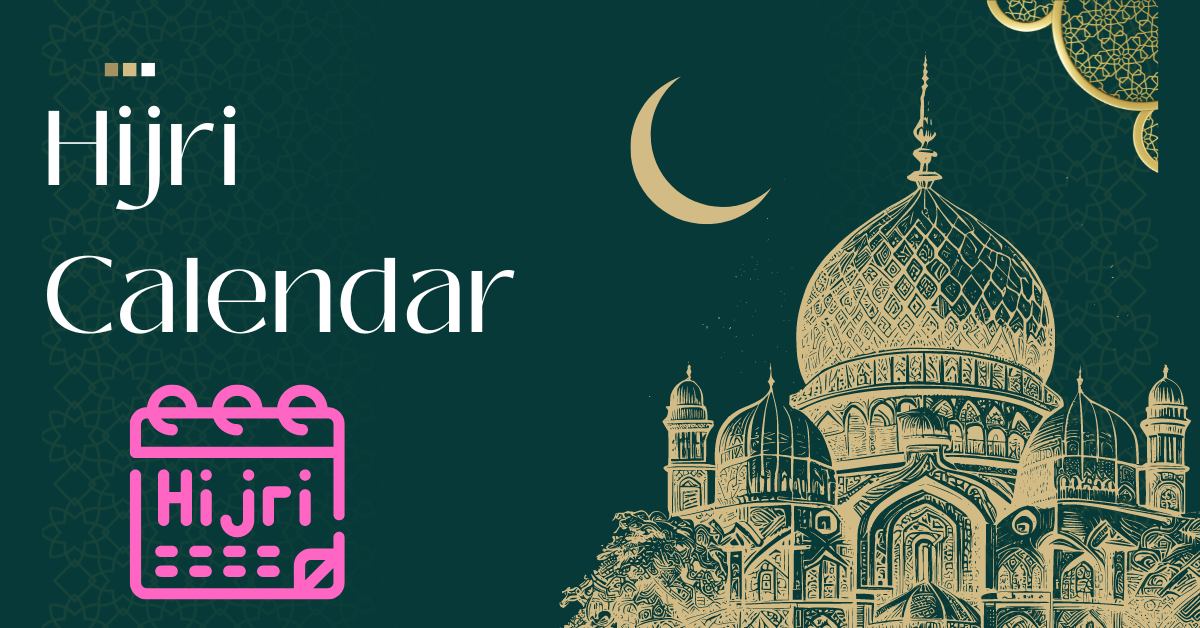By: Hazrat Maulana Khalid Saifullah Rahmani
Look! The calendar has turned another page. Now it is 1446 AH instead of 1445 AH. The Islamic calendar is called the Hijri calendar, which is attributed to the significant event of the Hijrah (migration) of the Prophet Muhammad (peace be upon him).
A calendar is an identity for any nation, connected to the history of the nation and community. If we consider the Hijri calendar, most of the names of the months are related to Islamic worship and traditions, indicating specific acts of worship and events. Similarly, other nations’ calendars also reflect their religious beliefs and traditions. For example, consider the names of the days of the week such as “Sunday” and “Monday,” which mean the day of the sun and the day of the moon, respectively. The Greeks designated one day for sun worship and one day for moon worship. Hence, the names of the days were after different deities, and similar reasoning is behind the names of the months. For this reason, Caliph Umar (may Allah be pleased with him) did not accept the calendars that were prevalent at that time.
The Islamic calendar is a unique identity for Muslims. Therefore, it is our duty to promote this calendar and make future generations aware of its background and its religious and national significance. Scholars have written that keeping the practice of the Hijri calendar alive and striving for its promotion is a communal obligation (fard kifayah) of the Muslim Ummah. This calendar reminds us of our distinct identity and draws our attention to the instructive and admonitory event of the Hijrah.



